Understanding dashboard warning lights on your GWM Voleex is essential for maintaining vehicle safety and preventing costly damage. These indicators alert you to potential issues ranging from minor notifications to critical problems that could lead to breakdowns or accidents.
By recognizing and responding promptly, you can ensure smoother drives and extend your car’s lifespan.
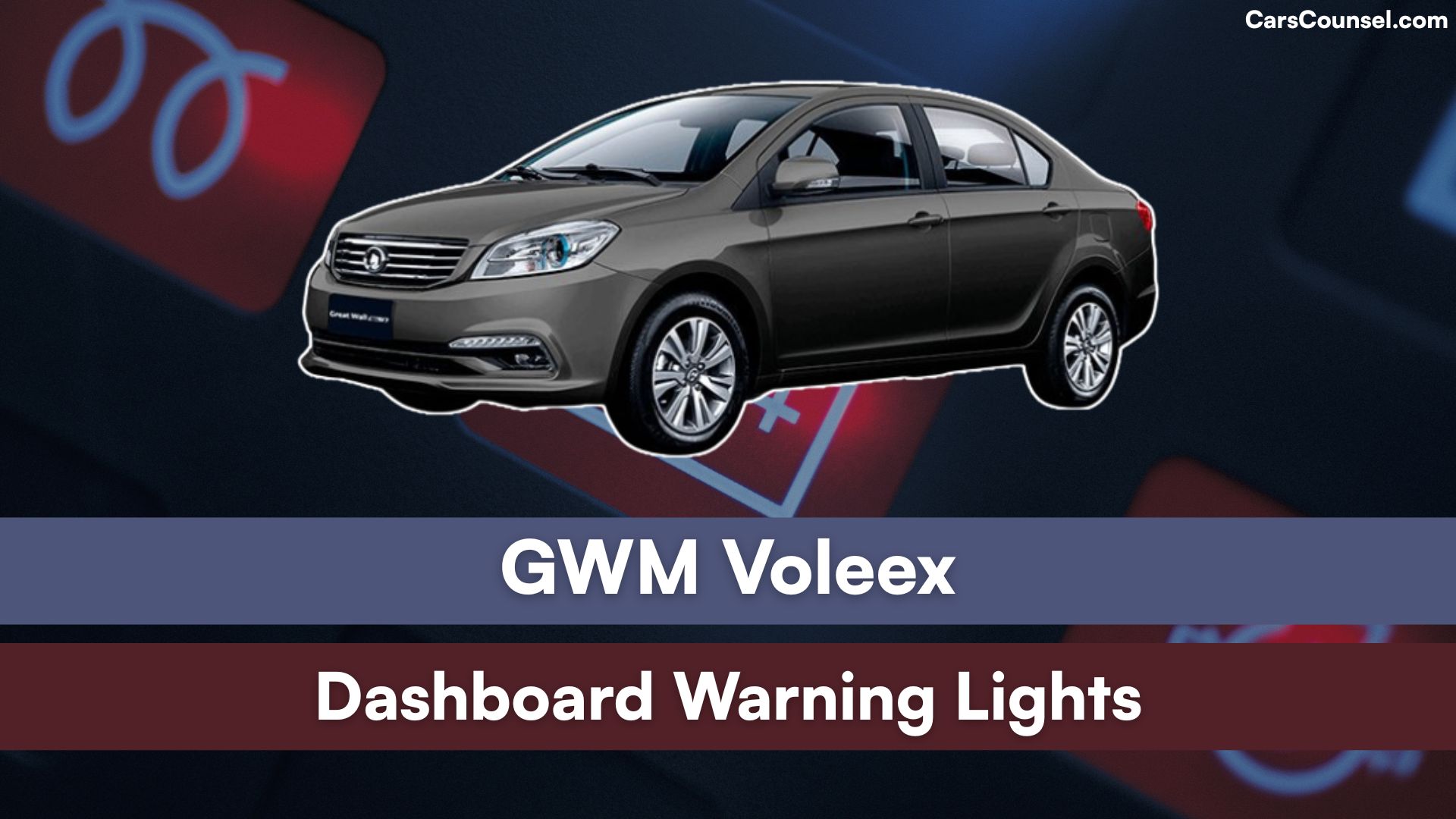
Quick Navigation
Red Warning Lights (Stop Immediately)
These lights signal urgent issues that require you to pull over safely and address the problem right away to avoid serious harm.
Engine Oil Pressure
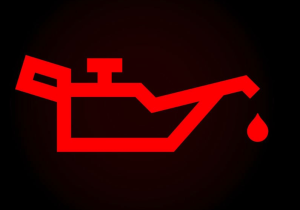
Low oil pressure can cause engine damage from lack of lubrication. It often results from low oil levels or a faulty pump. Stop driving, check the oil, and add more if needed or call for help.
Brake System Alert
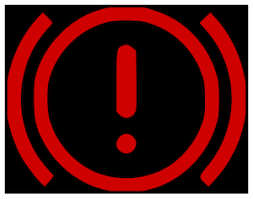
This indicates low brake fluid or a failure in the braking system, risking loss of stopping power. Possible causes include leaks or worn pads. Park immediately and seek a mechanic’s assistance.
Engine Temperature Warning
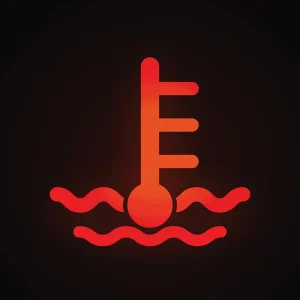
The engine is overheating, which might damage internal parts. Causes include low coolant or a faulty thermostat. Pull over, let it cool, and check coolant levels before proceeding.
Battery Charge Warning
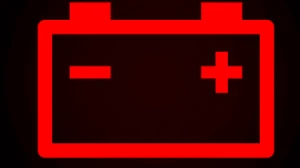
The battery isn’t charging properly, potentially leading to a sudden stall. It could be due to a failing alternator or loose connections. Stop and inspect or get professional help.
Transmission Temperature
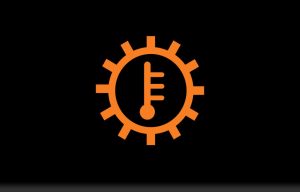
High heat in the transmission can cause slippage or failure. Often from heavy loads or low fluid. Stop to cool down and check transmission fluid.youtube
Power Steering Failure
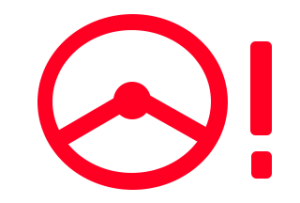
Loss of power steering makes turning difficult and unsafe. Caused by low fluid or belt issues. Pull over and avoid driving until fixed.
Airbag System Fault

Airbags may not deploy in a crash, increasing injury risk. Triggered by sensor or wiring problems. Stop and have it inspected at a service center.
Seatbelt Reminder (Critical)
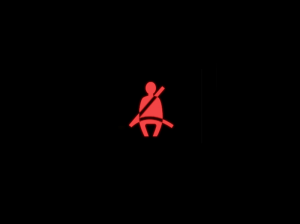
Unbuckled seatbelts pose a high risk during collisions. It activates if belts aren’t fastened. Stop and ensure everyone buckles up.
Low Brake Fluid
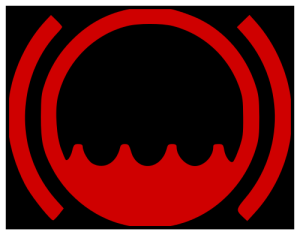
Brake fluid is critically low, affecting braking efficiency. Leaks or evaporation are common causes. Park safely and refill or repair.
Catalytic Converter Overheat
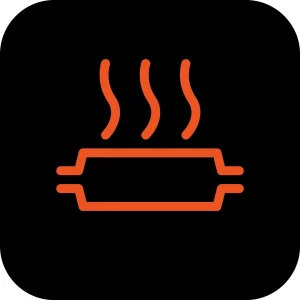
The converter is too hot, possibly damaging the exhaust system. Caused by engine misfires. Stop immediately and consult a mechanic.
Emergency Brake Engaged
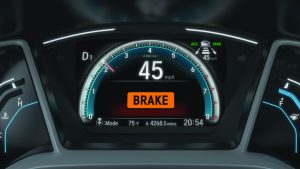
The parking brake is on while driving, causing drag and wear. Release it immediately or check for faults.youtube
Steering Lock Engaged
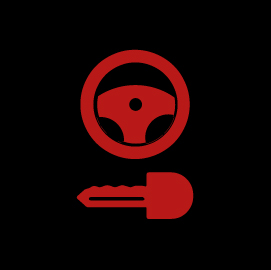
The steering wheel is locked, preventing safe maneuvering. Caused by key or ignition issues. Stop and resolve before driving.youtube
Fuel System Critical Fault
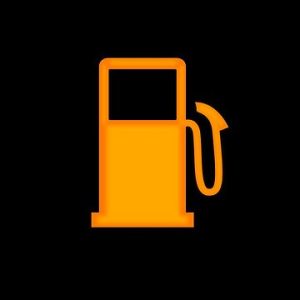
Severe fuel delivery problems could stall the engine. From clogged filters or pump failure. Pull over and seek repairs.
Yellow/Amber Warning Lights (Action Required Soon)
These alerts mean something needs attention in the near future, but you can usually continue driving cautiously to a safe spot.
Check Engine Light
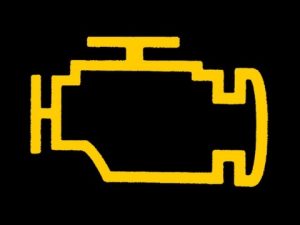
The engine has a detected issue, like a sensor fault or emissions problem. It reduces performance to protect the vehicle. Visit a service center for diagnostics soon.
ABS System Warning
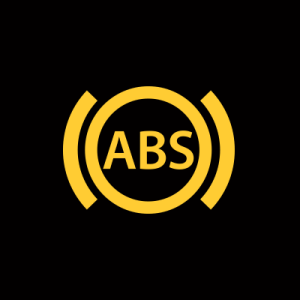
Anti-lock brakes aren’t functioning, increasing skid risk during hard stops. Caused by sensor or hydraulic issues. Get it checked promptly.
Tire Pressure Monitoring
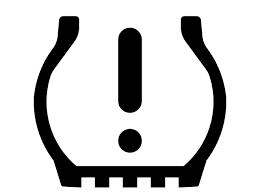
One or more tires have low pressure, affecting handling and fuel efficiency. Inflate tires to the recommended level as soon as possible.
Diesel Particulate Filter
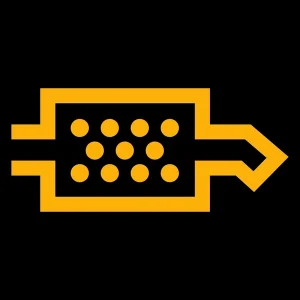
The filter is clogged with soot, impacting exhaust flow. Drive at higher speeds to regenerate or visit a mechanic.
ESP Stability Control
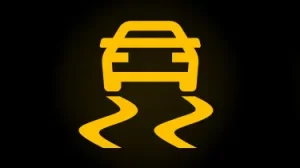
Electronic stability program is off or faulty, reducing traction on slippery roads. Reactivate or have it inspected.
Glow Plug Indicator

For diesel models, glow plugs aren’t heating properly, making starts difficult. Wait for it to clear or check the system.
Transmission Fault
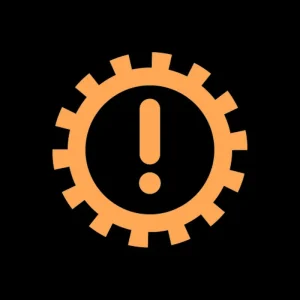
Gear shifting issues detected, possibly from sensor errors. Avoid heavy acceleration and get it serviced.
Coolant Level Low
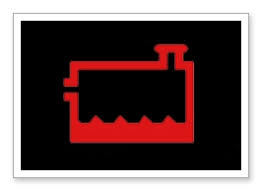
Coolant is below safe levels, risking overheating. Top up coolant and monitor for leaks.
Brake Pad Wear

Brake pads are worn thin, reducing stopping power over time. Replace pads at a service center.
Door Ajar
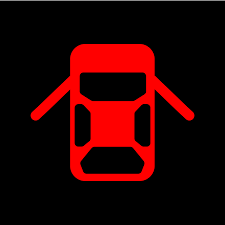
A door isn’t fully closed, which could be unsafe at speed. Close all doors securely.
Fuel Cap Loose
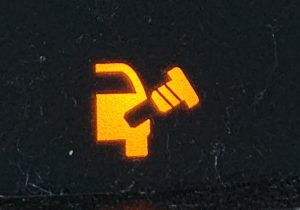
The fuel cap isn’t sealed, potentially causing evaporation or check engine triggers. Tighten it properly.
Traction Control Off
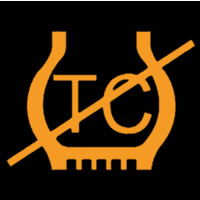
Traction system is deactivated, increasing slip risk. Turn it back on or check for faults.youtube
Green Warning Lights (Information Only)
These provide status updates on active systems and don’t require immediate action.
High Beam On

Headlights are in high beam mode for better night visibility. No action needed unless blinding others.
Turn Signal Active
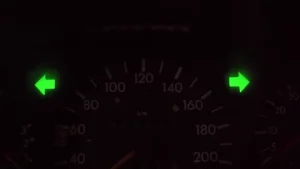
Indicates a turn signal is on for changing lanes or directions. It flashes until turned off.
Cruise Control Engaged
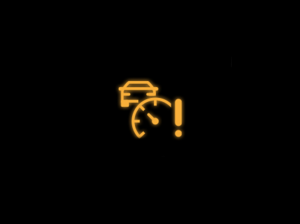
Cruise control is set, maintaining a constant speed. Adjust as needed for traffic.
Eco Mode Activated
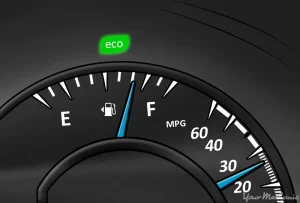
The vehicle is in fuel-saving mode, optimizing efficiency. Switch modes if more power is required.
Rear Fog Lights On
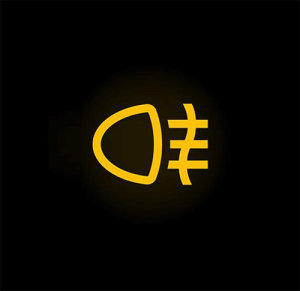
Rear fog lights are active for low visibility conditions. Turn off when not needed.
Front Fog Lights On

Front fog lights are illuminated for foggy weather. Deactivate in clear conditions.
All-Wheel Drive Engaaged
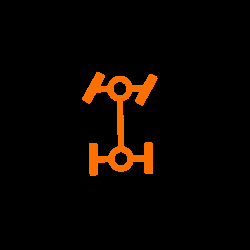
AWD system is active, improving traction. It operates automatically.
Low Beam Headlights On
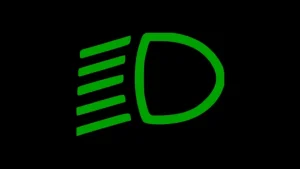
Standard headlights are in use. No intervention required.youtube
Parking Lights On

Exterior parking lights are active for stationary visibility. Turn off to save battery.
Windshield Defrost Active
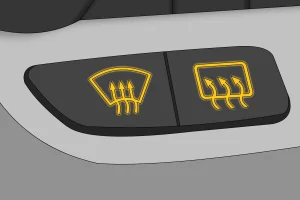
Defrosting the front windshield to clear mist or ice. Switch off once clear.
Overdrive Off

Overdrive is disabled for better torque in certain conditions. Reactivate for highway driving.
Hazard Lights Flashing

Hazard warning is on to alert other drivers. Use in emergencies and turn off when done.
Child Safety Lock Engaged
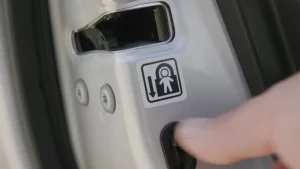
Rear doors are locked to prevent opening from inside. Unlock when not needed for children.

